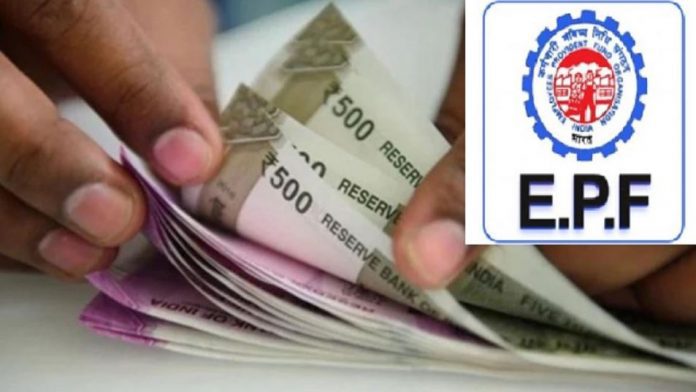New PF Rules: From April 1, all existing PF accounts will be divided into taxable and non-taxable contribution accounts. A new section 9D has been inserted under IT rules to introduce new tax on PF income from employee contribution above ₹ 2.5 lakh per annum.
PF New Rules: There is important news for the job seekers. If you are also an employee, then you will definitely have an account in the Employees’ Provident Fund Organization or EPFO. For your information, let us tell you that now the PF account will also be taxed. Some part of your salary gets deposited in PF account. But now some new changes are going to happen in the rules of PF. From April 1, 2022, existing PF accounts can be divided into two parts.
These PF accounts will be taxed
It is worth noting that last year the government had notified new income tax rules. Now under this PF accounts will be divided into two parts. In this, tax will be levied on PF income in case of employee contribution of more than Rs 2.5 lakh annually to the Center. In fact, the purpose of the new rules is to prevent high-income people from taking advantage of the government welfare scheme.
Know the main things of the new PF rules-
The existing PF accounts will be divided into taxable and non-taxable contribution accounts.
Non-taxable accounts will also include their closing account as its date is March 31, 2021.
The new PF rules can be implemented from the next financial year i.e. April 1, 2022.
A new section 9D has been inserted under IT rules to introduce new tax on PF income from employee contribution above ₹ 2.5 lakh per annum.
Two separate accounts will also be created in the existing PF account for calculation of taxable interest.
These taxpayers will not mind
Let us tell you that after the implementation of this new rule, most of the PF subscribers will benefit from the limit of Rs 2.5 lakh. But small and middle class taxpayers will not be affected by the new rule. This will primarily affect high-income employees. That is, if your salary is low or average, then you will not make any difference to this new rule.


